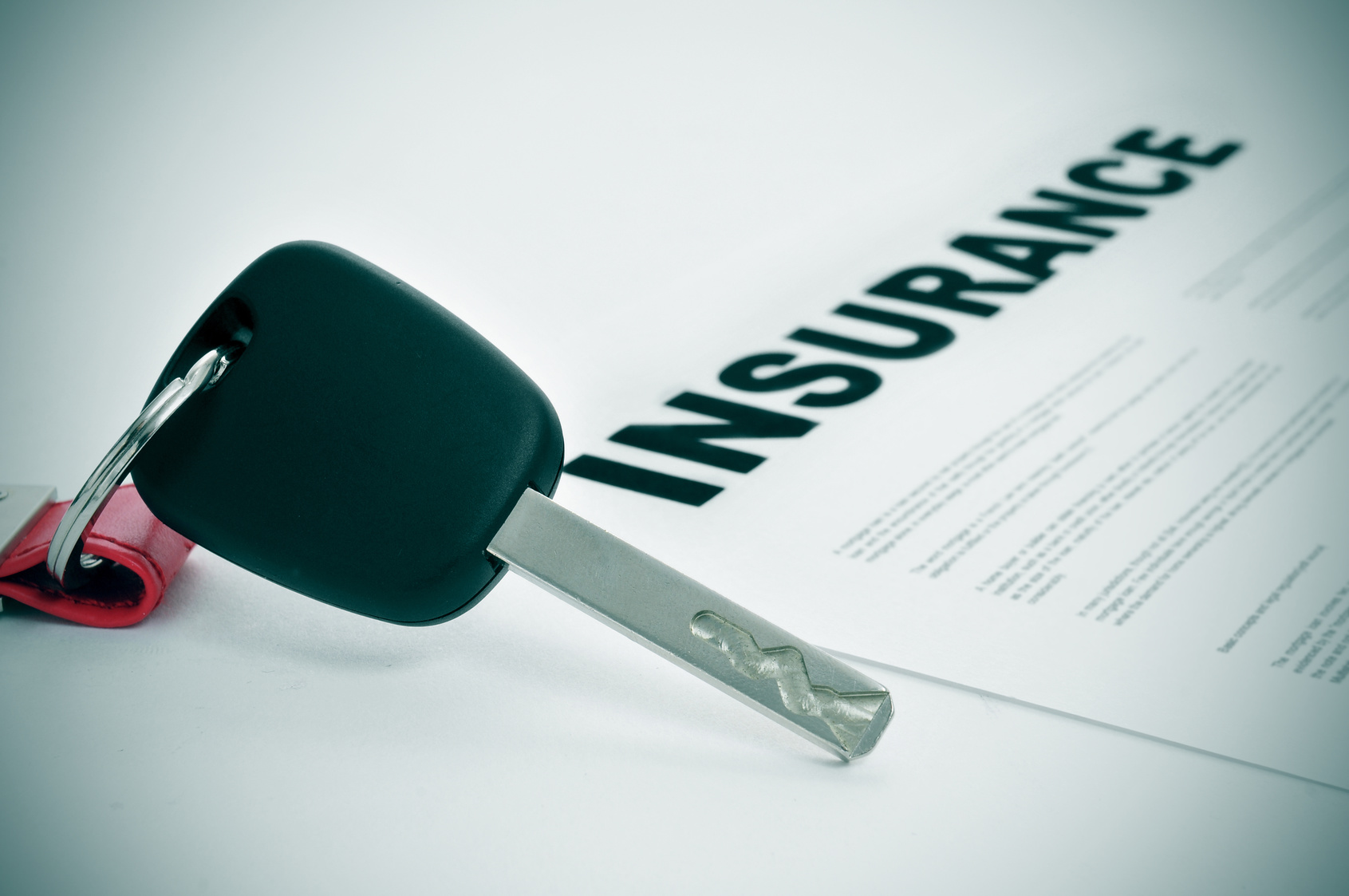
Once you’re in an accident, everything changes: you have injuries, questions, and may be confused about how filing a claim works. These are all reasonably understandable concerns, and today we are here to answer an important question regarding your PIP, or Personal Injury Protection. Can it be denied, and if so, what are you supposed to do to prevent it from happening?
Denied PIP
With PIP, you are eligible to receive a percentage of reimbursement or payment for your medical expenses incurred as a result of the accident. This includes transportation to-and-from physician appointments, lost wages, and medical treatment. Upon submitting this information, your insurance company has the right to deny payment under certain circumstances (which we’ll go over in the next section).
Be more wary of the new laws stating you must receive treatment within 14 days or you won’t be eligible for receiving PIP. This is the main instance where you can be “denied” and will be barred from the $10,000 coverage—in some cases, you may be only able to utilize $2,500 of PIP (not including massage therapists or acupuncturists). This has changed as of January 2013.
Certain Circumstances
If you are listing your trips to the doctor without accurately placing the date or amount of miles traveled, they can ask you to adjust to what is on file if there is a discrepancy (like your listed address with them, for instance). For example, if you are listing your round-trip miles to your house, the doctor, and then back is 150 miles, there may be an inaccuracy somewhere.
They have a right to know where you are treating and updates on your case in order to verify this information and pay you the proper amount. If you refuse to provide the right information, then the auto insurance company will be unable to submit payment to you.
Many times this isn’t the case, though, and it’s the insurance company withholding a payment for disability or another reason. If this happens, you don’t have to deal with it by yourself—an attorney can give you the right backing and provide a push to the insurance company to assist you with this.
Bills and PIP Exhausting
While we always hope that the insurance company or physician’s office does the right thing, that’s not always the case. This is why having an attorney is so important when facing the hardships and slew of paperwork after your accident. Your doctor (known or unbeknownst to them) may be balance-billing you, or improperly adjusting the Medicare fee schedule as dictated by the state. In this situation, an attorney would be able to discern upon review of your medical bills during your case and be able to adjust the amount to its rightful number.
Also, if your PIP exhausts, your insurance company may not have enough money to fully reimburse you for prescriptions or lost wages submitted for reimbursement. With many processes, they usually reimburse on a first come, first serve basis on the premise of what paperwork they receive first. This is why it’s integral to monitor your PIP amount and send in documents and bills as quickly as possible to them.
Key Takeaway
Some main guidelines when looking at your PIP situation:
- Make sure to receive medical treatment within 14 days of an accident
- Have an attorney that will track your PIP and notify you on when to send documents to your insurance company
- Keep track of your mileage and lost wages along the way, as you can still use them in your case even if your PIP exhausts
If you or a loved one has been in an accident, make sure you equip yourself with the knowledge to move forward and handle your auto claim. This is especially true with PIP as well as handling insurance adjusters, who can be lacking of all sympathy and want nothing more than to resolve your case as quick as possible. Want some legal counsel and advice? Make sure you contact an expert and qualified attorney to handle your accident today!
